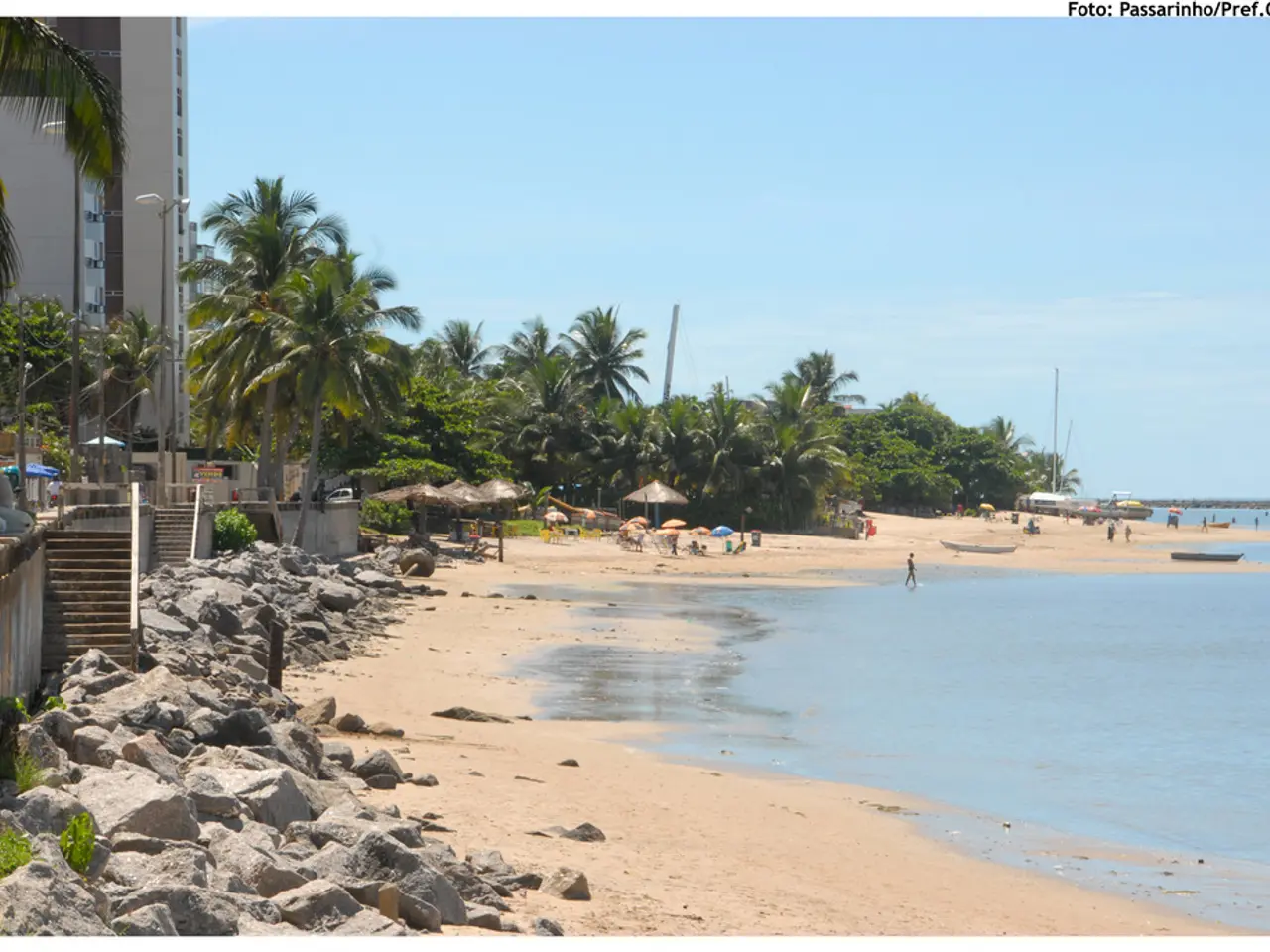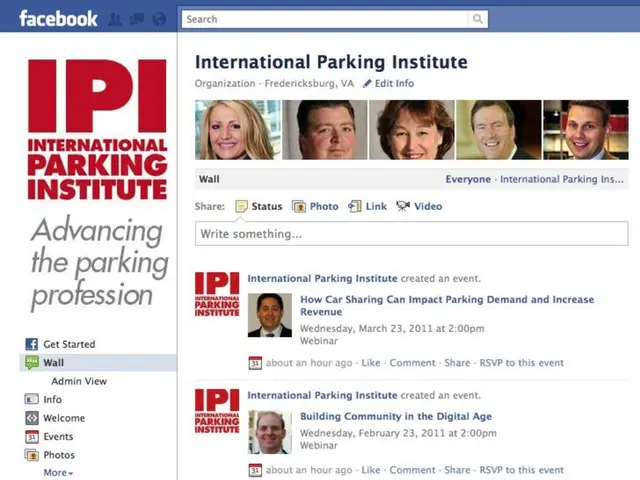Pricey Beach Access: Lebanon's Coastline Becomes a Pricy Vacation Spot
In the heart of Beirut, Ramlet al-Baida stands as one of the few public access points to the sea. However, a report by the CNRS research institute reveals that the water here is almost nowhere else in the country as polluted, strongly advising against swimming due to high levels of bacterial pollution.
This pollution issue is a significant concern for many, especially in the context of Lebanon's ongoing economic crisis. The high costs of gasoline have made it difficult for the average population to afford trips to other beaches, leaving Ramlet al-Baida as a popular, yet polluted, choice.
Accessibility to beaches is another issue plaguing Lebanon. Approximately 80% of its 220-kilometer Mediterranean coastline is privately owned by wealthy elites, leaving only around 40 kilometers remaining non-privatized. Even these areas are often polluted and not truly free to access.
Nadim Faradschalla, the head of sustainability strategy at the Lebanese-American University in Beirut, highlights the country's water crisis. He states that water levels are at their lowest in a long time, and political roadblocks are preventing the completion of crucial infrastructure projects to address this issue.
Mohammed Ajub, director of NGO Nahnoo, echoes these sentiments, stating that only about 40 kilometers of Lebanon's coast have not been privatized. The high costs of private beach clubs make them inaccessible for many families, forcing some to resort to bathing at heavily polluted locations.
The economic and financial crisis, which began at the end of 2019, is the worst in Lebanon's history and is attributed to decades of corruption in politics and the economy. This crisis has led to political apathy regarding improving the condition of the beaches or securing more public access.
In an attempt to cater to residents, some fitness studios in Lebanon now advertise not only with sports programs but also with showers for their visitors. This is because many residents who can afford it buy additional water from private providers due to the state's inability to consistently and regularly supply households with enough water.
However, not everyone in Lebanon can afford to buy water from private providers, making a beach day a luxury for many families. The lack of a well-developed public transportation network further exacerbates this issue.
Despite the challenges, there is a glimmer of hope. Beachgoers at private beach clubs in Beirut receive an umbrella, lounger, and a pool to swim in, offering a cleaner alternative to the polluted sea. Perhaps, with continued efforts and the right infrastructure, Lebanon can ensure its coastline is accessible and safe for all.
Read also:
- Redefining Efficiency: Dubai's Structures Leading the Way in Water Conservation
- Reduced Scope 1 emissions of Airbus due to the use of Sustainable Aviation Fuel
- Unveiling of Advanced Ochre Tools Uncovers Complicated Early Human Craftsmanship
- Financial Management Operations (FMO) spearheads a €130 million syndicated loan for QNB Leasing, a Turkish financial institution.







